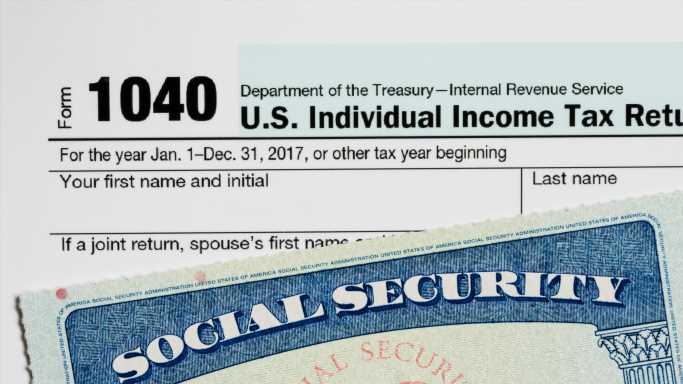Social Security is supposed to run out of money in 2033 or thereabouts. Running out of money is a bit of an exaggeration. People will start to get smaller benefits, and they could get smaller and smaller by the year. Congress has the sole capacity to change this. Today, that change does not have enough to alter payment erosion.
The CBO says the Social Security crisis could happen sooner. This insolvency would hit earlier if COLA stays high because of inflation. This year, the increase was 9%. Further inflation at over 5% would eat away at the fund rapidly. CBO Director Philip Swagel said, “I think we’ve learned as a nation that high inflation is very damaging. In a sense, like a tsunami that affects the entire nation, and in a way that other negative economic effects don’t.”
Imagine that in 2032 the 60 million people who get Social Security benefits begin to become poor. Based on the national poverty level, that is not out of the question. The ripple effects on the economy would be massive. An entire group of consumers would have far less money. Consumer spending still accounts for two-thirds of GDP.
Lower Social Security benefits will also increase the demand for low-end housing. It is impossible to build millions of units even over the course of years. If Congress doesn’t support Social Security, it will certainly not support a massive home bullying initiative. (These are America’s most at-risk housing markets.)
Lower Social Security payment will also increase the need for food stamps and other programs to financially help people who live on the fringe. This will add untold billions of dollars to the need for federal government support.
Get Our Free Investment Newsletter
Social Security payments are not limited to the money that goes to individual beneficiaries. It ripples through America’s financial fabric.
If Social Security funding does not happen soon, the fund has already started to go away, even if it is just at the beginning of the process. Here’s what it costs to retire comfortably in every state.
Sponsored: Tips for Investing
A financial advisor can help you understand the advantages and disadvantages of investment properties. Finding a qualified financial advisor doesn’t have to be hard. SmartAsset’s free tool matches you with up to three financial advisors who serve your area, and you can interview your advisor matches at no cost to decide which one is right for you. If you’re ready to find an advisor who can help you achieve your financial goals, get started now.
Investing in real estate can diversify your portfolio. But expanding your horizons may add additional costs. If you’re an investor looking to minimize expenses, consider checking out online brokerages. They often offer low investment fees, helping you maximize your profit.
Source: Read Full Article
